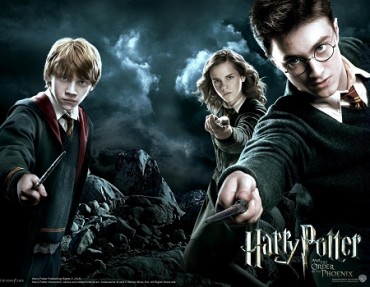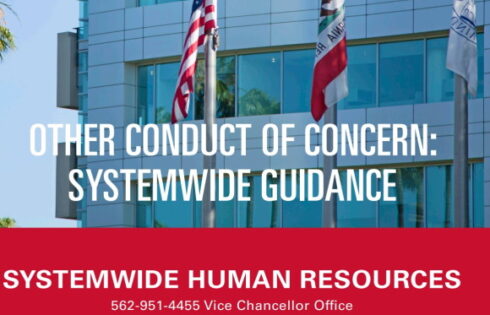
In a post from a few days ago, V.A. Luttrell write s about 7 libertarian principles on display in “Harry Potter.” Here are two of them:
s about 7 libertarian principles on display in “Harry Potter.” Here are two of them:
#1 Government is ineffective
In Prisoner of Azkaban, the government takes a crack down on Harry’s life because they think there’s a mass murderer after him. Just how effective is Fudge in keeping this thirteen-year-old boy in the home where he’s safe? If Sirius black had been any sort of real threat, Harry Potter would have been dead. When Voldemort returns, Fudge’s reign is riddled with one crucial mistake after another — and that is even after he admits that Voldemort is alive. …
#4 Civil society can alleviate suffering
No amount of government prodding, sanctions, taxing, or force could have kept the Dursleys from locking Harry in his room, starving him, or abusing him. The only real solution was for Harry to get out of the home. Yet there is no magical orphanage for young witches and wizards.
Harry is taken out of the Dursleys’ every summer by members in his community — the Weasley family. Even though they are dirt poor and have little room for him, these kind souls take this Harry in every summer to get him away from his abusive caretakers. This crucial kind act is a part of civil society — namely, people organizing to help other people. Rowling shows how this is far superior to any option the government could have offered Harry.
Indeed, many libertarians have drawn lessons from the Potter text. Benjamin Barton, an associate professor at the University of Tennessee College of Law, examined this subject in great depth in an article titled “Harry Potter and the Half-Crazed Bureaucracy”:
What would you think of a government that engaged in this list of tyrannical activities: tortured children for lying;1 designed its prison specifically to suck all life and hope out of the inmates;2 placed citizens in that prison without a hearing;3 ordered the death penalty without a trial;4 allowed the powerful, rich, or famous to control policy;5 selectively prosecuted crimes (the powerful go unpunished and the unpopular face trumped-up charges);6 conducted criminal trials without defense counsel;7 used truth serum to force confessions;8 maintained constant surveillance over all citizens;9 offered no elections and no democratic lawmaking process;10 and controlled the press?11 You might assume that the above list is the work of some despotic central African nation, but it is actually the product of the Ministry of Magic, the magicians’ government in J.K. Rowling’s Harry Potter series.
As Luttrell and Barton note, J.K. Rowling’s Ministry of Magic morphs from a corrupt, buffoonish bureaucracy to an oppressive front group for fascist terrorists. We meet incompetent civil servants–such as Cornelius Fudge, Minister of Magic in books 1 through 5–and outright evil ones–like Dolores Umbridge. Neither inspire much confidence in government.
I would add that J.K. Rowling doesn’t cast the mainstream media in a very positive light, either. The magic newspaper, The Daily Prophet, is little more than the propaganda wing of the Ministry of Magic. It is the independent, alternative paper, The Quibbler, that has the courage to print the truth about the Ministry’s misbehavior.
Like The College Fix on Facebook / Follow us on Twitter





Please join the conversation about our stories on Facebook, Twitter, Instagram, Reddit, MeWe, Rumble, Gab, Minds and Gettr.